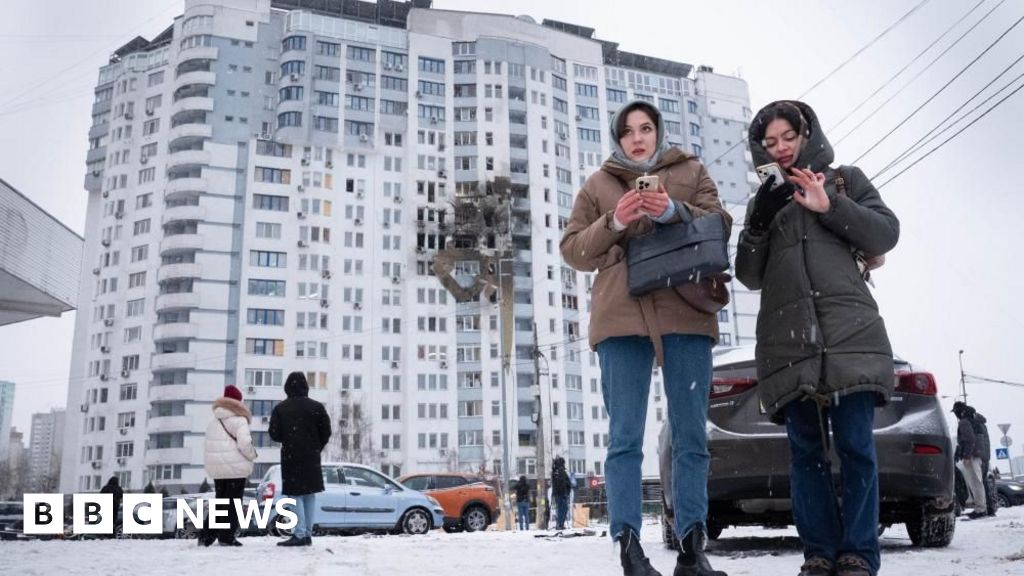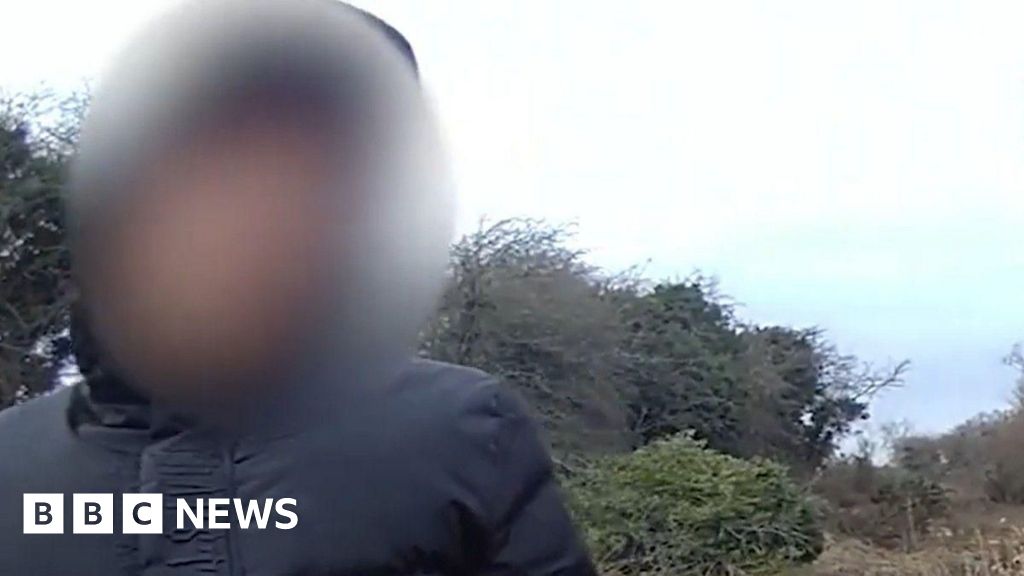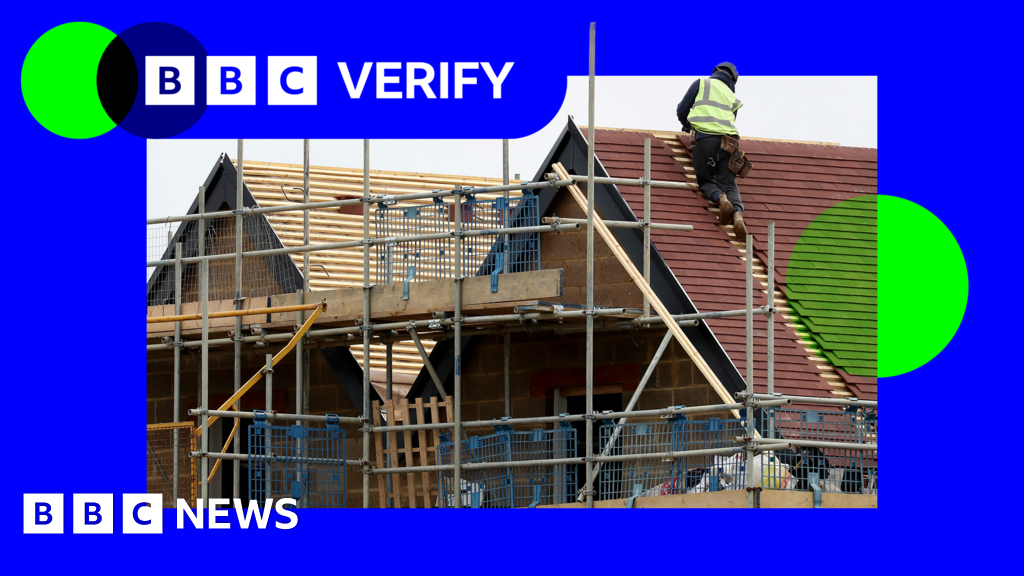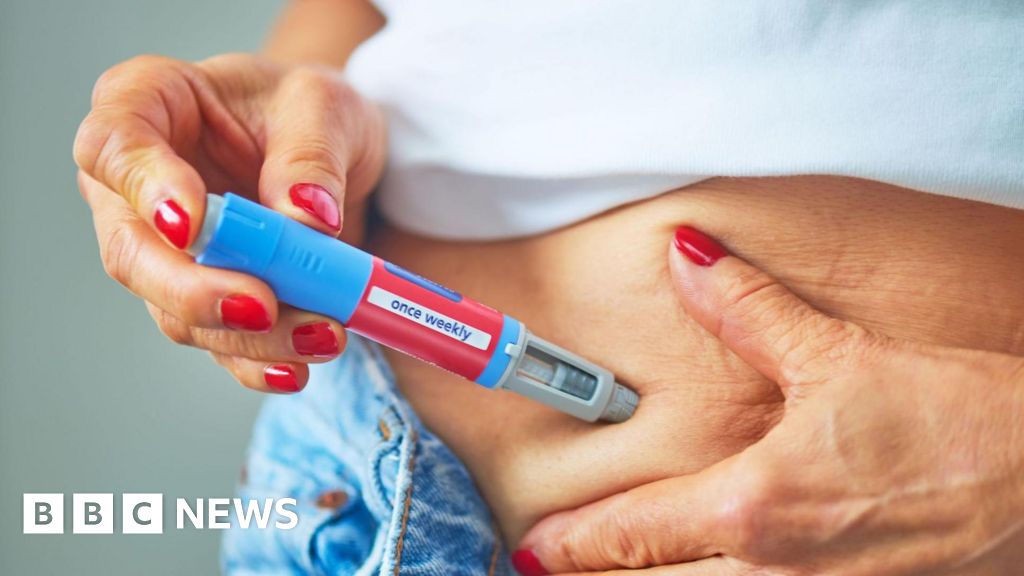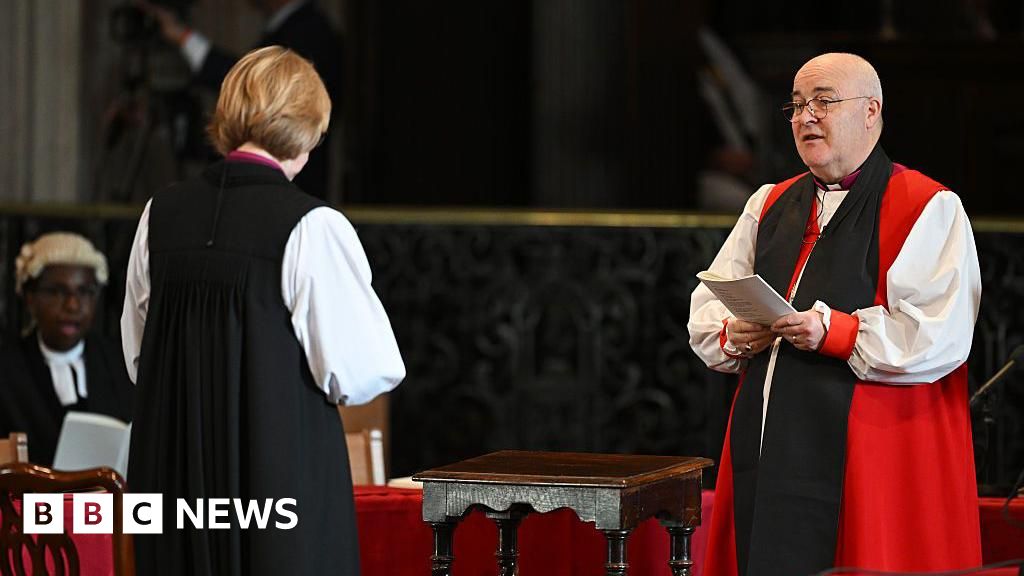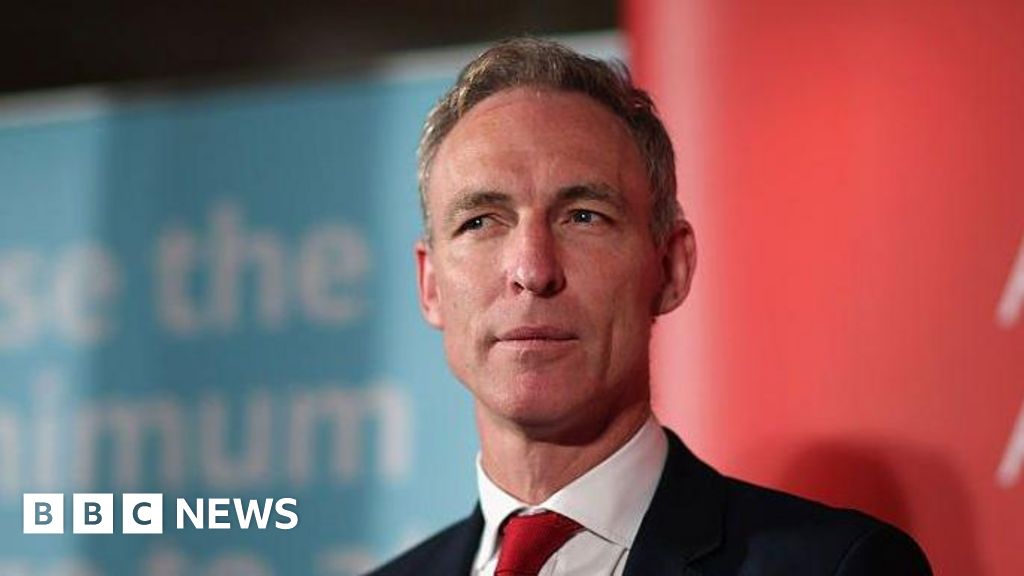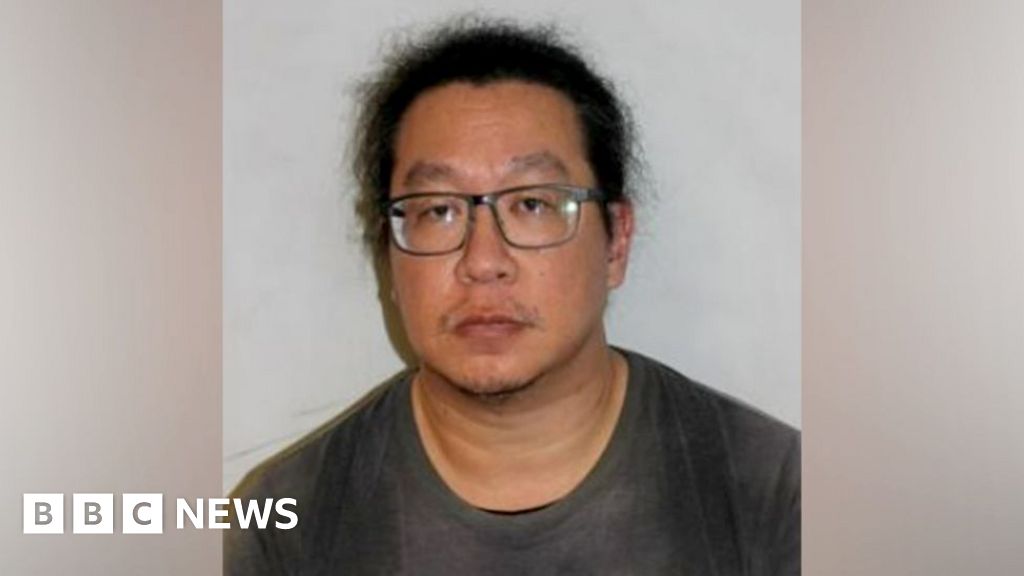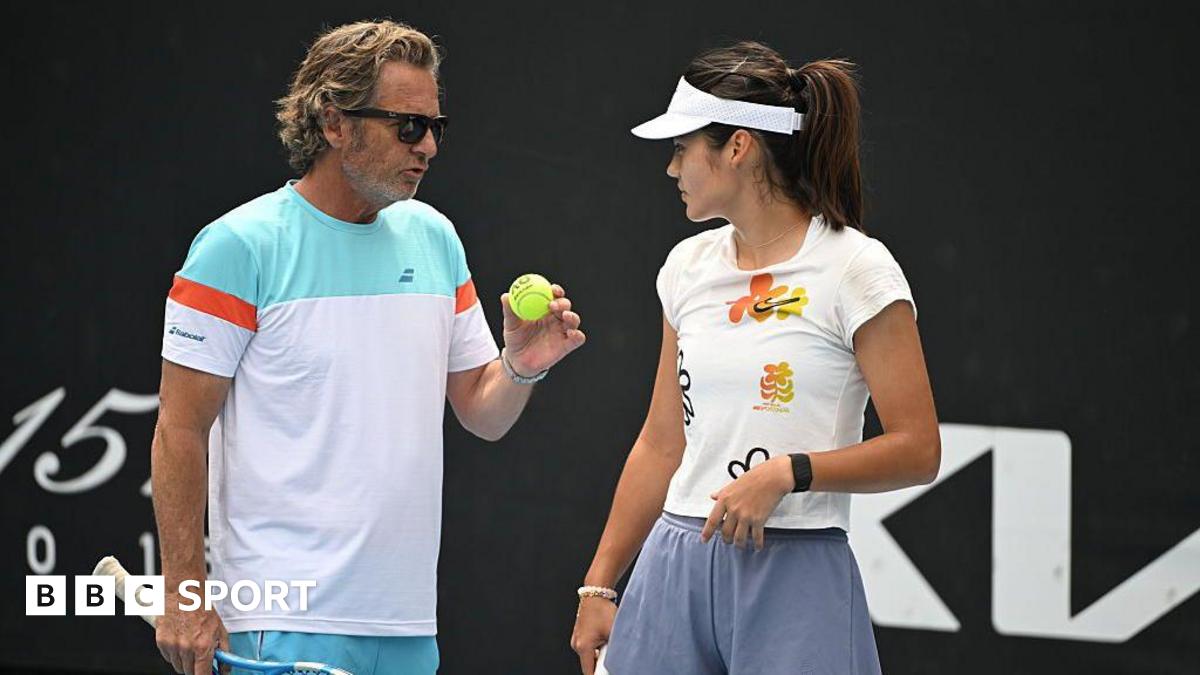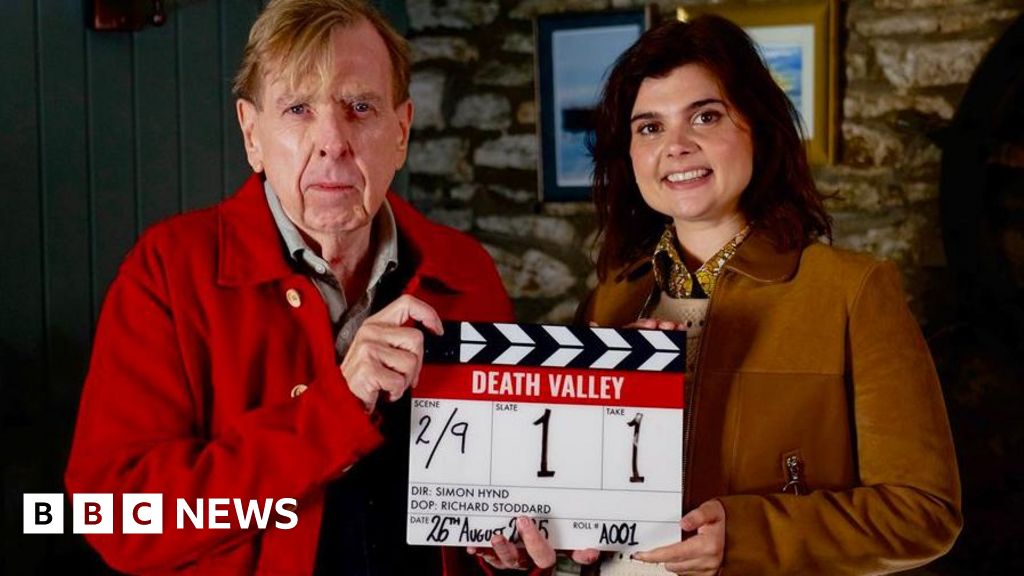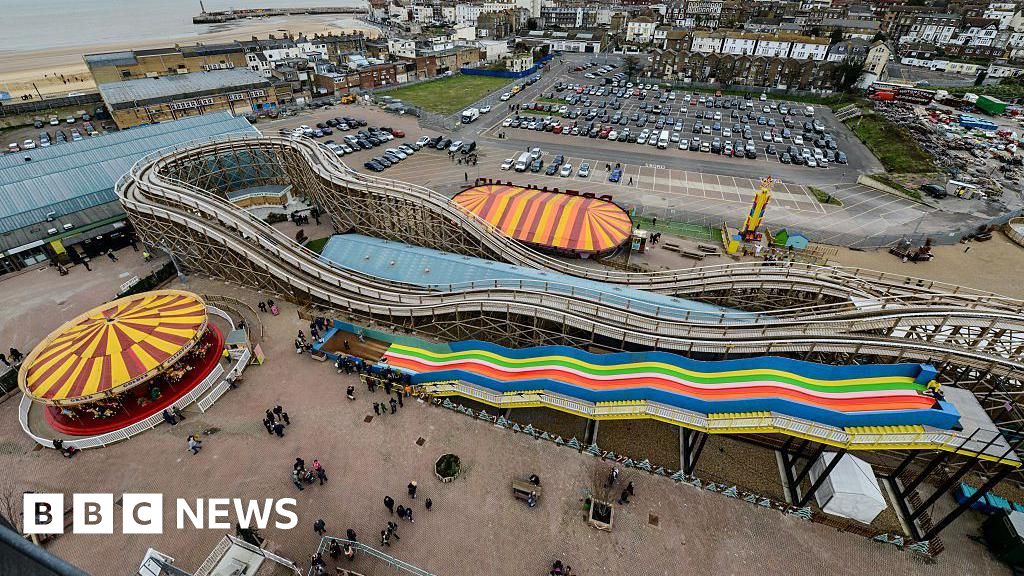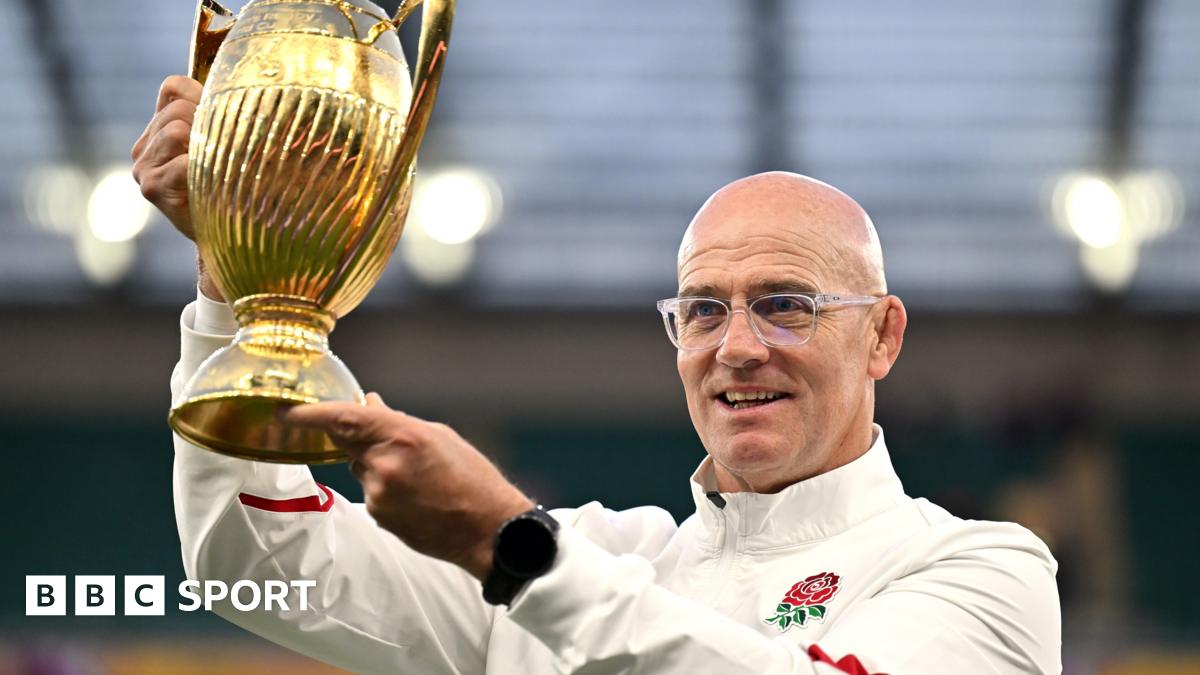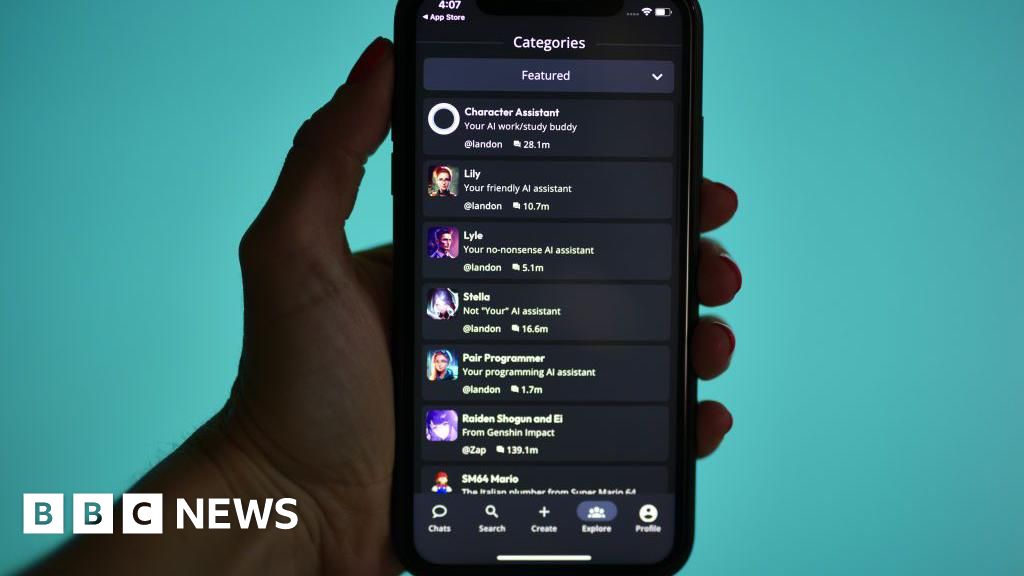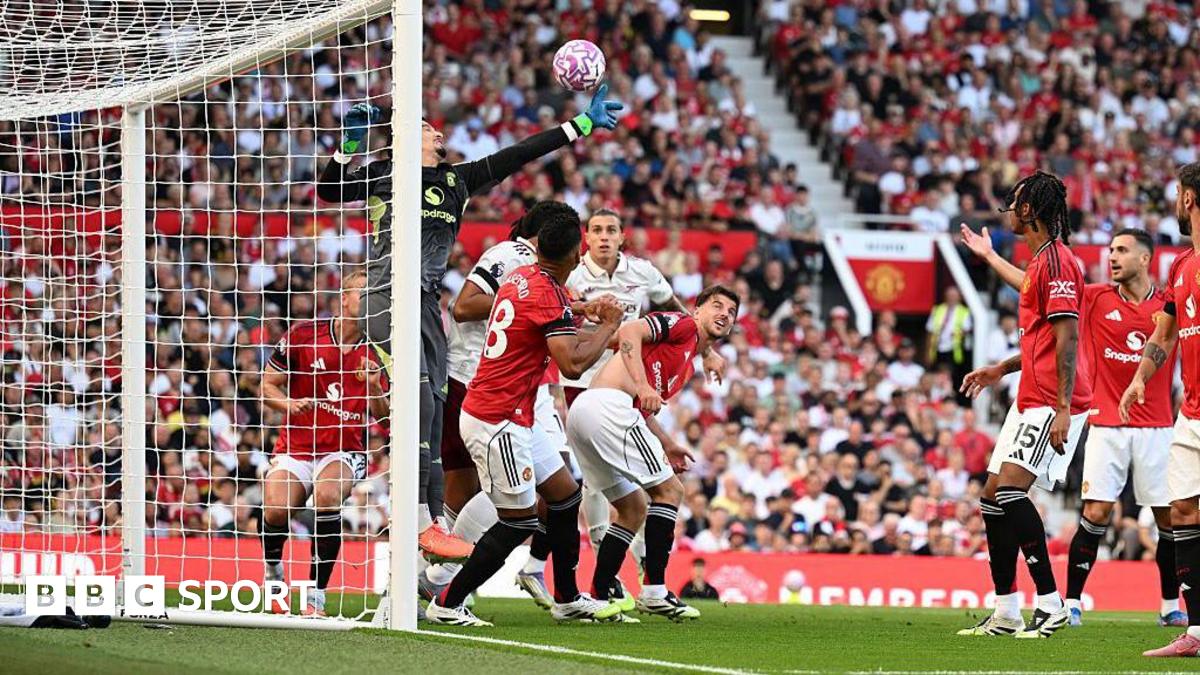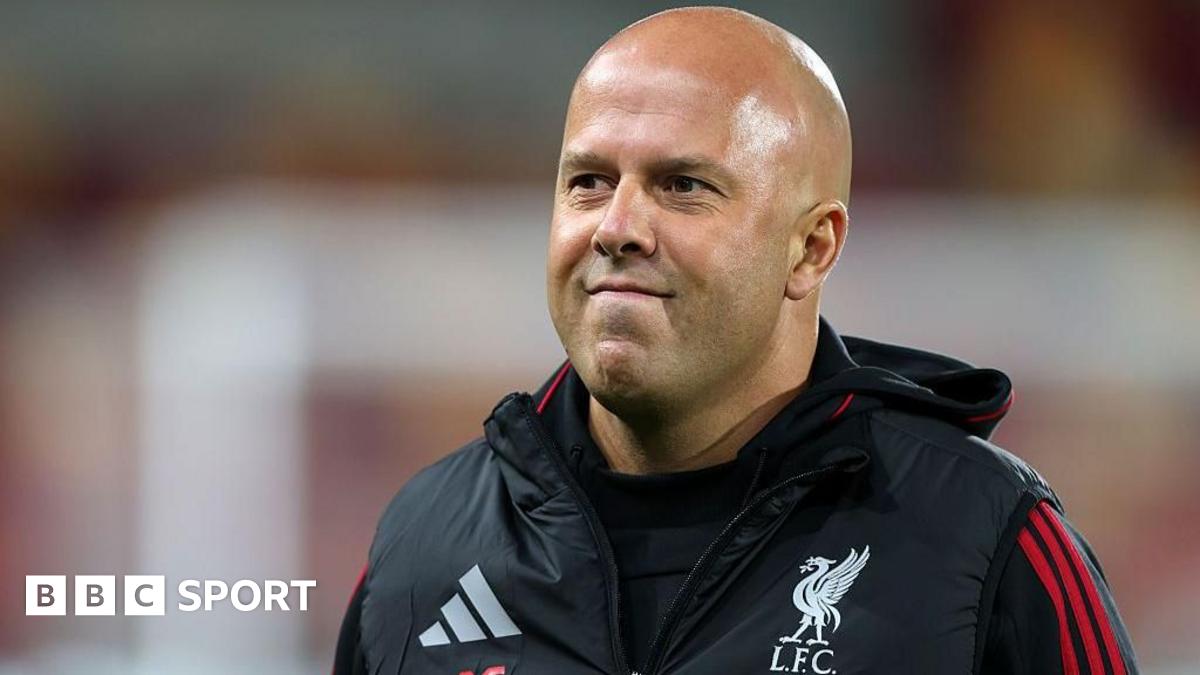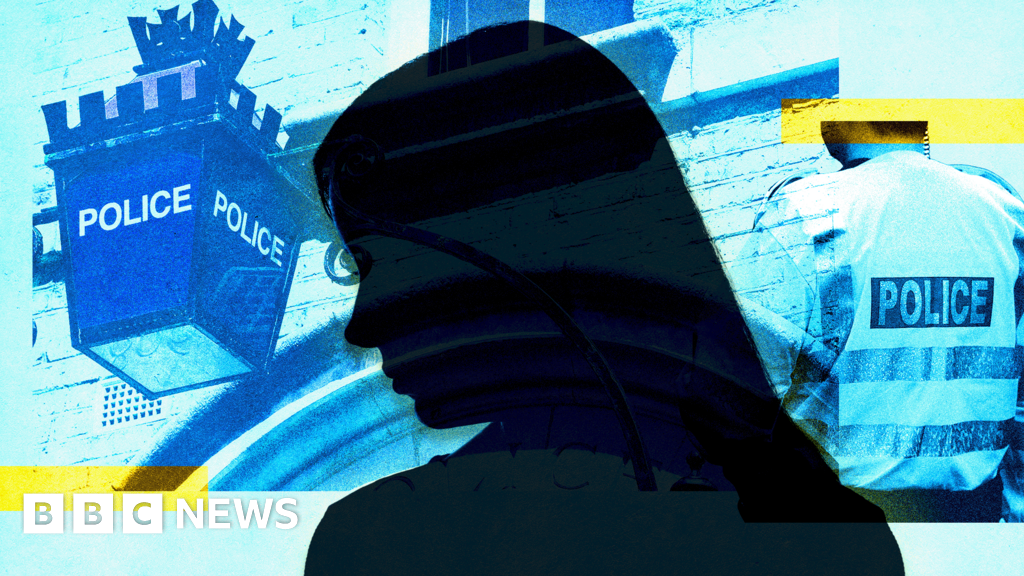Jennifer McKiernanPolitical reporter
Watch: Ed Davey says the current electoral system "doesn't represent the British people"
Liberal Democrat leader Sir Ed Davey has said his party would "work with the government" to move away from the current electoral system.
The Liberal Democrats have long backed electoral reform and support bringing in a form of proportional representation, which they feel would more fairly reflect people's votes.
Prime Minister Sir Keir Starmer supported electoral reform during his bid to become Labour leader in 2020 but has since dropped his pledge and did not include it in the party's election manifesto last year.
Sir Ed told the BBC he hoped the threat of a Reform UK majority might make the PM "think again" about ditching the existing "first-past-the-post" method.
Speaking to Nick Robinson on the BBC's Political Thinking podcast, Sir Ed said he wanted to scrap first-past-the-post elections for the Parliament at Westminster.
Under FPTP, the candidate that wins the most votes in a constituency becomes an MP, and the party with the most MPs forms a government.
Under proportional representation, the number of MPs a party would get broadly reflects the number of votes they got across the country.
Sir Ed, whose party won 72 MPs under the existing system last year, did not specify which form of proportional representation he favours - but he did stress that his party remained committed to electoral reform.
"Indeed I go so far as to say that I'm prepared to work with the government if they wake up," Sir Ed told Mr Robinson.
"They've got this loveless landslide, they don't require a relatively small share of the vote with this huge majority they've got, so maybe they think they've a vested interest."
Back in February 2020, Sir Keir promised Labour Party members he would consult them on electoral reform and change the system through the constitutional convention detailed in the party's 2019 manifesto, written under Jeremy Corbyn.
At the time, he said: "We've got to address the fact that millions of people vote in safe seats and they feel their voice doesn't count.
"That's got to be addressed by electoral reform. We will never get full participation in our electoral system until we do that at every level."
However, no pledge was included in Labour's election-winning 2024 manifesto and the government did not back a Lib Dem attempt to kickstart reform with a Ten Minute Rule Bill aimed at introducing proportional representation in December last year.
Although Sarah Olney's bill passed its first parliamentary stage with a majority of two, including more Labour MPs backing it than opposing it, it has not been given parliamentary time to proceed by the government, with Downing Street making clear to reporters there are "no plans" to reform the voting system.
Speaking last year, Olney highlighted how the Labour Party had won a landslide election victory "securing 63% of the seats in the House of Commons in return for just 34% of the vote".
She said: "Thanks to first past the post nearly 60% of people who voted in the general election in July are not represented in Parliament by the candidate that they voted for.
"This is the most disproportionate election result that this country has ever seen."
Urging Sir Keir to re-visit the idea of reform, Sir Ed warned there is now a possibility that FPTP could allow Reform UK leader Nigel Farage to become prime minister, according to some polls, which show his party "winning a majority on a very relatively small share of the vote".
"I would hope that would make them think again about the wisdom of first-past-the-post," he said.
"There is a potential and on a really small share of the vote and I would hope that that will worry people."
Nigel Farage is a longstanding supporter of proportional representation, with his party promising to introduce it in their 2024 manifesto, which argues that "large numbers of voters have no representation in parliament" under the current system.
But in a May this year, Farage told a Spectator event: "I think if PR was ever instituted in this country, we will end up in a state of gridlock.
"We will not be able to do the frankly quite ambitious, and in some cases radical, things."
You can listen to the full episode of Political Thinking on BBC Sounds. It will be on BBC2 on Friday at 1230 and on Radio 4 on Saturday at 1730.
Sign up for our Politics Essential newsletter to read top political analysis, gain insight from across the UK and stay up to speed with the big moments. It'll be delivered straight to your inbox every weekday.

 2 months ago
74
2 months ago
74

